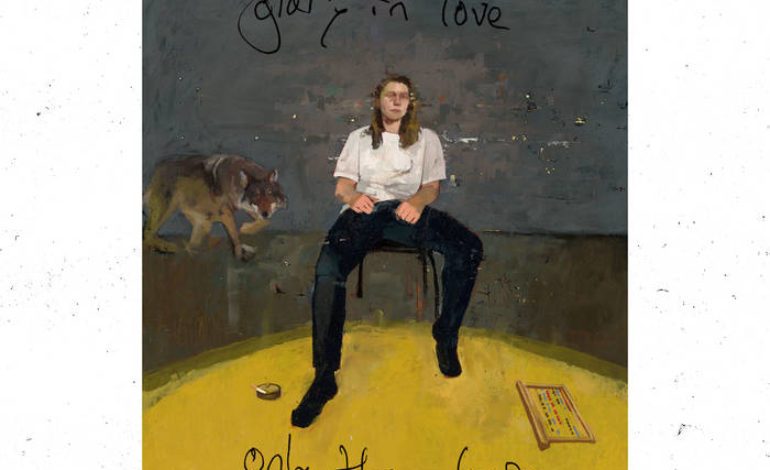

A self-condemning musical puzzle
Julien Baker has just released her third studio album this year. Being the masochistic masterpiece that it is, Little Oblivions is not for the faint of heart. The Christian socialist introduces her mental health struggles to the album and graces its theme with self-deprecation.
Baker struggled with substance abuse as a teenager, and to this day, is coping with her dire inability to love, or even like, herself. Little Oblivions succeeds in conveying this motif to the listener without the need for background research. The collection is candid and upfront. Baker’s lyrics and contrasting yet complementary instrumentals make the listener feel as though they are in the room with her, having a deep conversation that would only take place between those with intimate history.
Baker’s timid voice flatters silky instrumentals in every piece, yet her lyrics stand out with stark contrast. Each melody is warm and sublime yet lyrically haunting. Themes of self-loathing, deep loneliness and perceived flaws lace every word, contaminating the melodies. “Hardline” irritates the listener with an introductory dark organ, sounding like it belongs on the soundtrack of a horror movie. “Start asking for forgiveness for all the future things that I will destroy,” Baker sobs, echoed in “Faith Healer” with cries of anguish, a vivid portrait of an emotionally dwindling protagonist is captured, leaving wonder about what the disembodied voice could be so saddened by.
Stories continue to be told with “Relative Fiction,” repeated and disoriented piano features screaming, “I don’t need your help, I need you to leave me alone.” “Bloodshot” has dragging drum beats that contradict the lead vocals, with Baker maintaining the idea that “There’s no one around me who can save me from myself.”
“Ringside” is painfully apologetic, with lyrics awakening emotion in the listener, inspiring them to wish to reach out to Baker, to comfort her, to tell her that she is not the burden she claims she is. “Say that it’s embarrassing. I’m sorry that you had to see me like that,” she groans. “You could either watch me drown or try to save me while I drag you down… I wanna fix it, but I don’t know how/ Is anybody coming back for me?”
“Favor” highlights texture on the palette with tortured vocals and agile instrumentals, crackling percussion and discordant guitars bringing layers to Baker’s pain. “Song in E” contains lyrics that are clear-cut masochism, singing “I wish you’d hurt me, it’s the mercy I can’t take.” “Repeat” touches upon the substance abuse that Baker struggled with as a teenager, obvious lyrics singing “Slip to the other side of the truck stoplight when the drugs wear off will the love kick in?” Gleaming and hopeful synths bring the first glimpse at a hypothetical light at the end of the tunnel for Baker. “Ziptie” concludes the album by shedding light on Baker’s passionate religious affiliation, a prayer to a higher power, a reassessment of faith.
The privations and self-loathing that exist in Little Oblivions are difficult to process. The standard to which Baker has been able to reproduce her hardships to create beautiful music out of them is incredibly impressive, and her tortured musical soul is one that can only be hoped to mend itself with musical expression.
